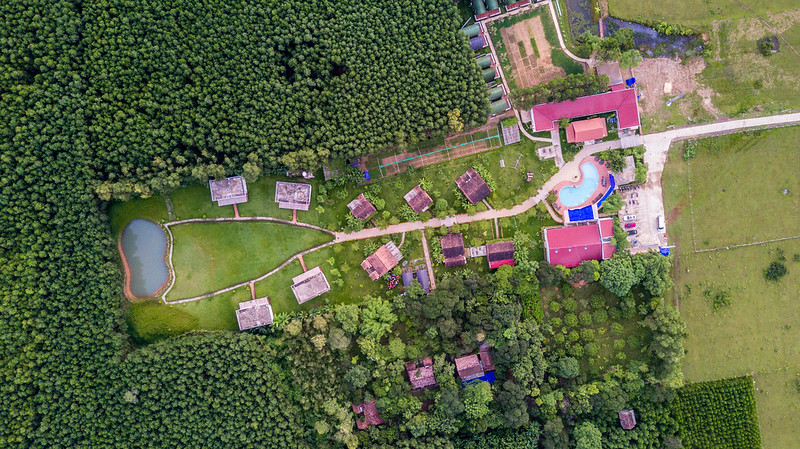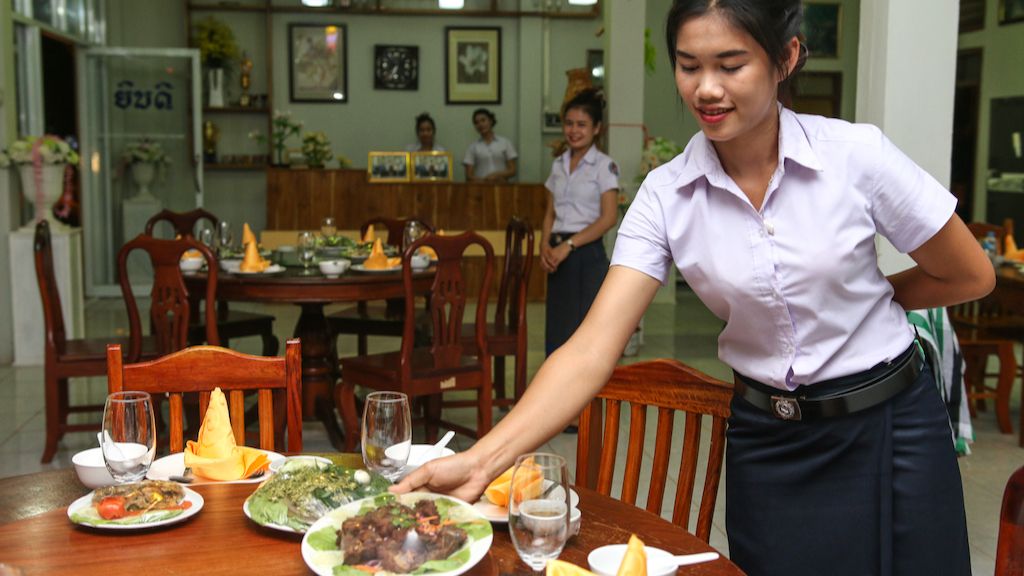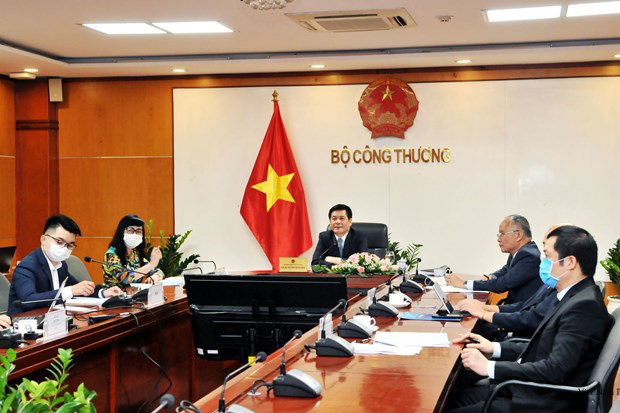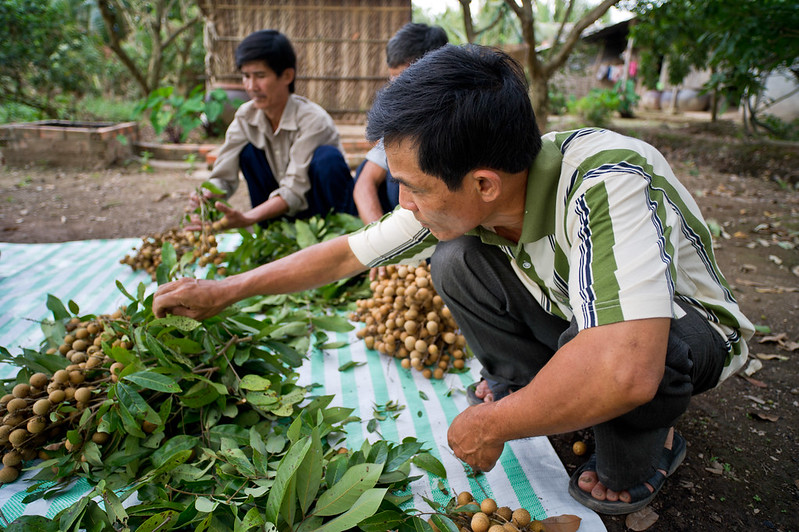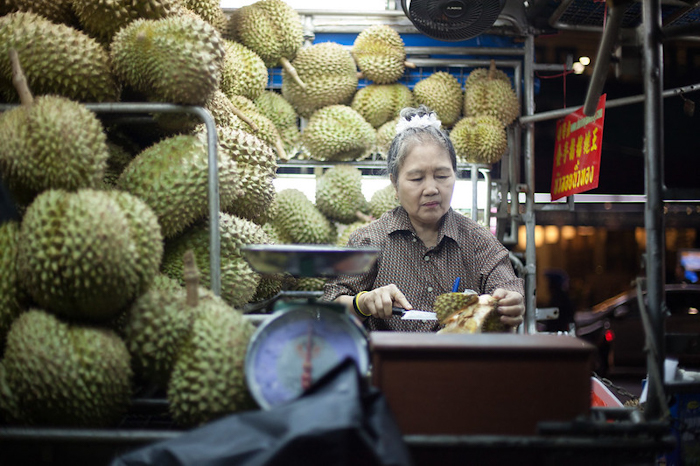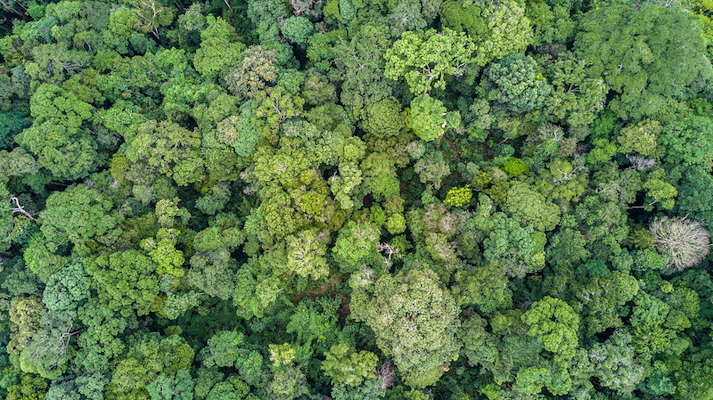
Photo by ADB
GMS Sustainable Agriculture and Food Security Program and GMS Countries Reach Agreement in Principle for First 6 Demonstration Sites
Demonstrations or pilot farms were implemented in large scale in the Greater Mekong Subregion (GMS) during the Core Agriculture Support Program (CASP) and will continue to form an important part in the GMS Sustainable Agriculture and Food Security Program (SAFSP). At least 12 demos will be set up across the subregion. These demos will offer important learning opportunities for target groups, especially the farmers, and practical results will provide feedback for policy making process.



